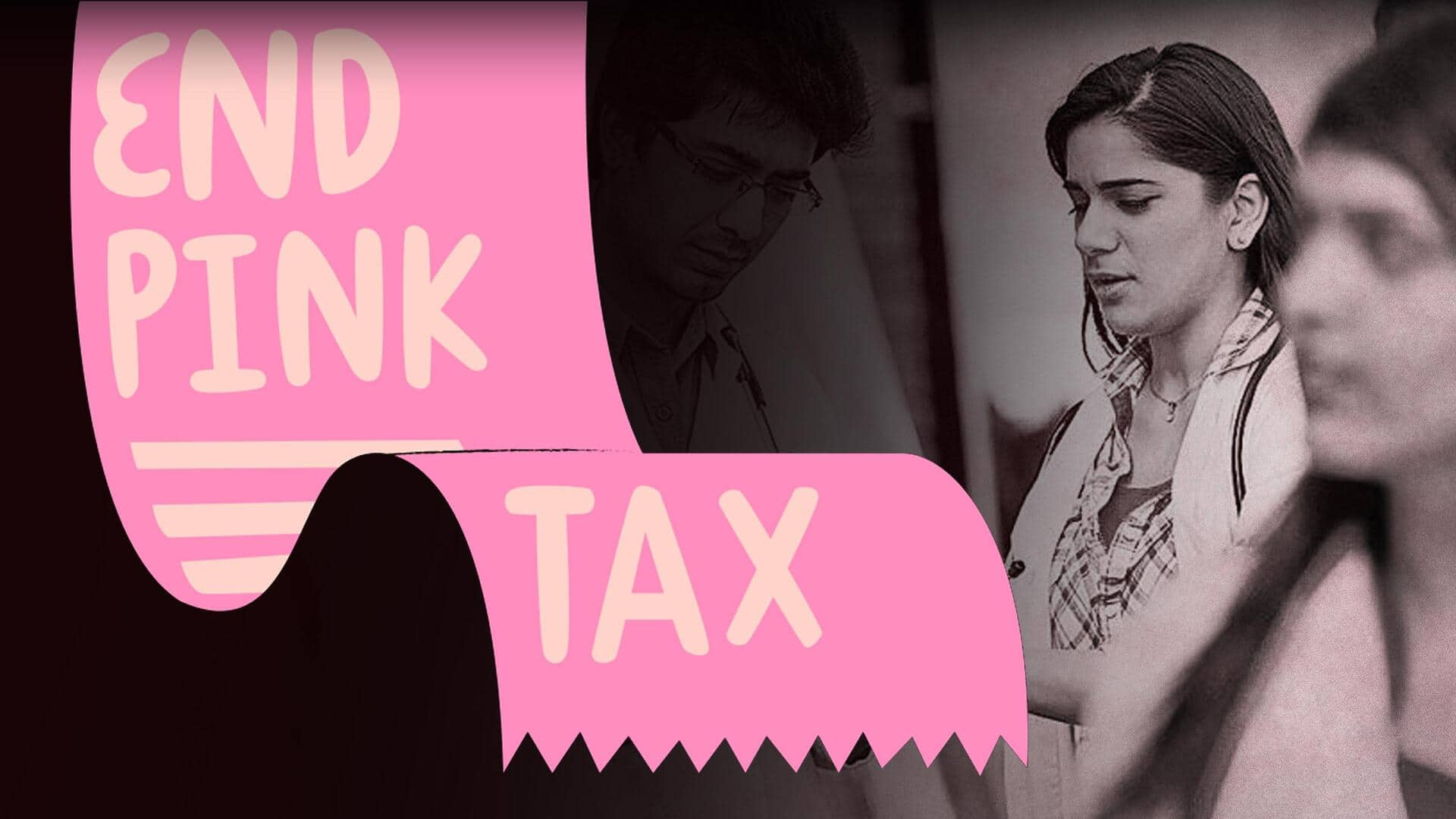
Medical student's post on 'pink tax' ignites online discussion
What's the story
A medical student, known by the username "purpleready," has sparked a heated online debate about the "pink tax" phenomenon on social media platform X. The term refers to the often higher prices women pay for identical products and services compared to men. Purpleready shared several examples of gender-based pricing discrepancies, stating "Being a woman is so expensive."
Price disparity
Student highlights gender-based pricing discrepancies
Purpleready detailed the financial burden of being a woman, citing costs such as period hygiene products and bras. She wrote, "Period hygiene products cost around ₹150 a month (average); a good bra costs around ₹400-500, and you need a good supportive bra to workout, run, or do sports which costs anywhere around ₹800-1500." She further noted that women pay an average of 7% more for similar products compared to men.
Twitter Post
Read the MBBS student's post here
Being a woman is so expensive.
— purpleready (@epicnephrin_e) August 3, 2024
- period hygiene products cost around Rs. 150 a month(average)
- a good bra costs around Rs. 400-500,and you need a good supportive bra to workout/run/sports which costs anywhere around Rs. 800-1500.
-On an average women pay 7% more on similar…
Gender pricing
'Pink tax' impact on personal care items and clothing
She added that women are charged an average of 50% more for income protection, 29% more for razor blades, and 16% more for body wash. The post further said that the majority of pink tax is found in personal care items and clothing. According to her post, women pay around $1300 (₹1 lakh +) more than men annually for the same goods and services.
User responses
Mixed reactions to student's post
The post has elicited varied responses from other users on platform X. One user highlighted the price disparity at hair salons and grooming parlors where women are often charged significantly more than men. Another user noted that in many cases, these costs are borne by men due to low female participation in the Indian workforce. The term "pink tax" refers to the higher prices often charged for products designed for women—despite similar functionality and ingredients as items sold for men.